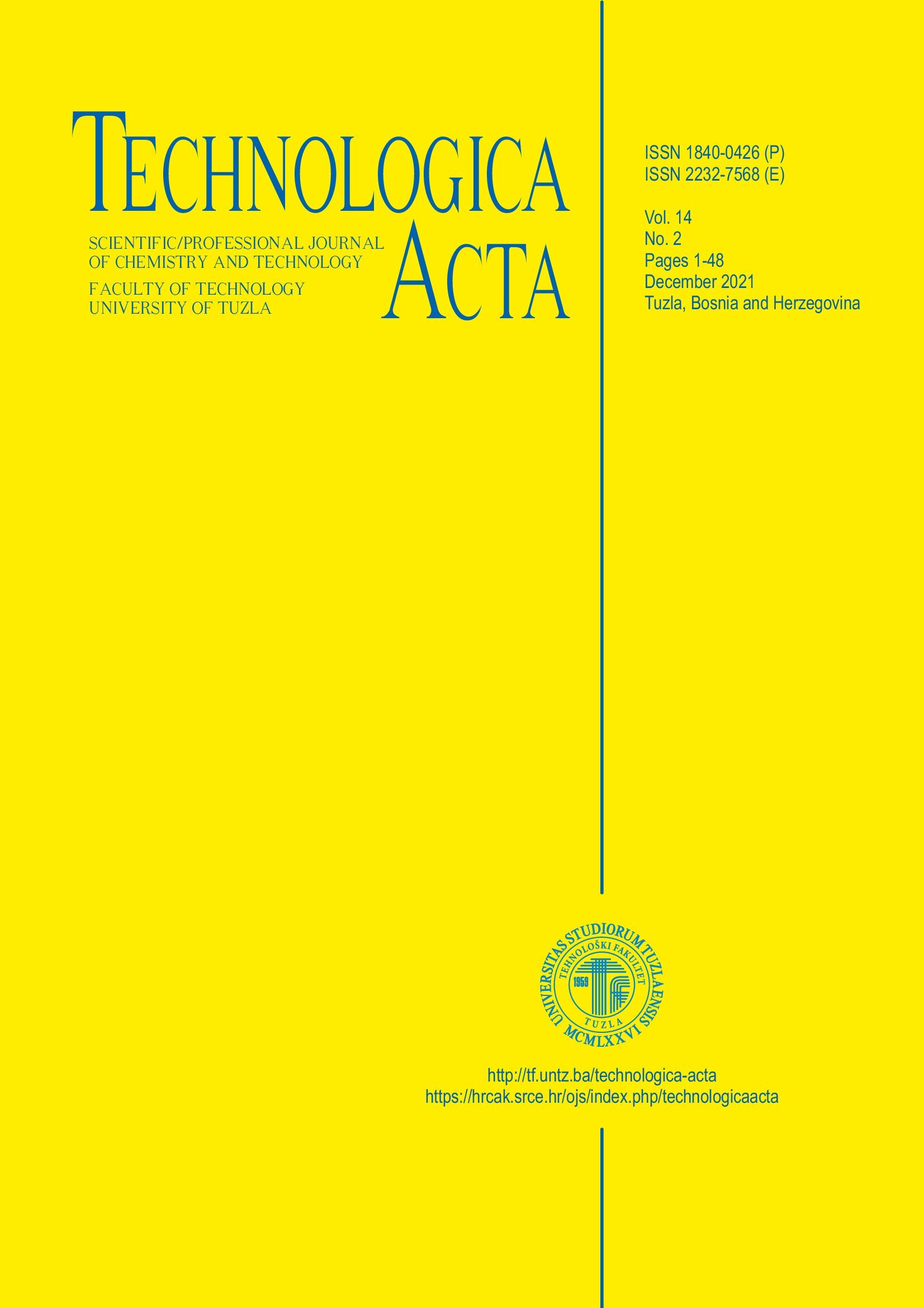Influence of process parameters on the production of Trichoderma biocontrol agent
Keywords:
Trichoderma harzianum, Bioprocess, Process parameters, pH, Temperature, MixingAbstract
Maize is an agricultural crop that is susceptible to infections by various phytopathogenic fungi, producers of mycotoxins harmful to humans and animals. Since this agricultural crop has an important place in the human diet, its health safety is very important. Trichoderma genus has great potential in the biocontrol of various phytopathogens however, the medium composition as well as the cultivation conditions, have a significant impact on the efficiency of the produced Trichoderma bioagents. In this work, influence of medium pH, temperature and mixing speed on the productivity of Trichoderma bioagent effective against two maize pathogens, Fusarium graminearum and Aspergillus flavus, was investigated. The results obtained by statistical processing show that the best productivity of Trichoderma harzianum bioagent was achieved when the pH of the medium was 6, the temperature was 28°C and the mixing speed of the rotary shaker was 180 rpm. By applying these cultivation conditions, the largest inhibition zone diameters of F. graminearum and A. flavus mycelial growth were formed. Also, the results show that the maize pathogen, F. graminearum, was more sensitive to the produced Trichoderma biocontrol agent compared to the other maize pathogen, A. flavus.


